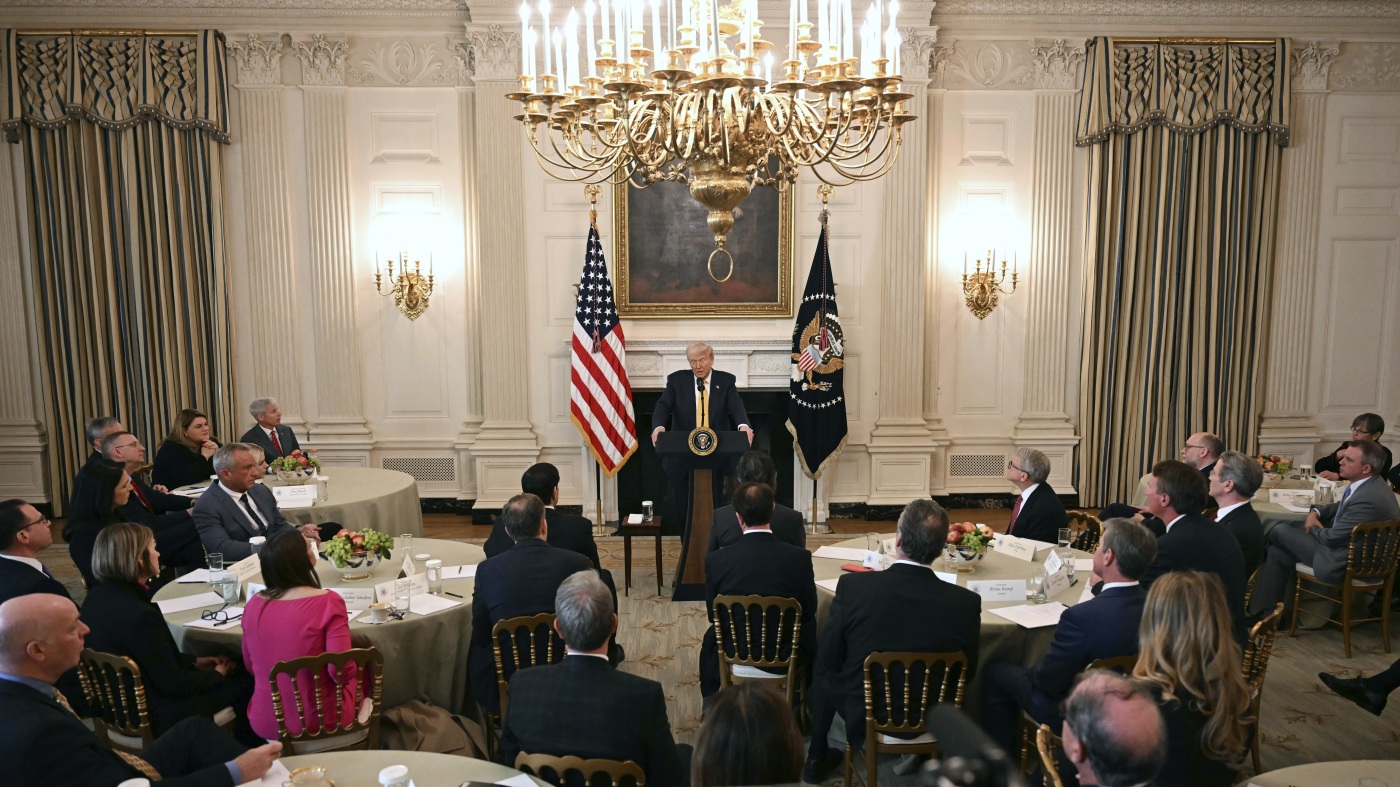State Legislators: The Quiet Powerbrokers Shaping Trump's Domestic Roadmap

The landscape of American governance reveals a complex interplay between federal and state powers. While the federal government wields significant influence, state leaders possess remarkable autonomy in critical areas of local governance. Governors and state legislatures hold substantial discretion over key domains such as law enforcement, education, public health, and immigration policy at the municipal and county levels.
This decentralized approach to governance ensures that local communities can tailor policies to their specific needs and contexts. From police practices to school curriculum, and from healthcare management to immigration enforcement, states retain a powerful ability to shape their own regulatory environments. This system of federalism allows for flexibility and regional adaptation, recognizing that one-size-fits-all solutions rarely address the nuanced challenges faced by diverse communities across the nation.
The result is a dynamic political framework where state governments serve as crucial laboratories of democracy, capable of implementing innovative approaches that may ultimately influence broader national policy.
